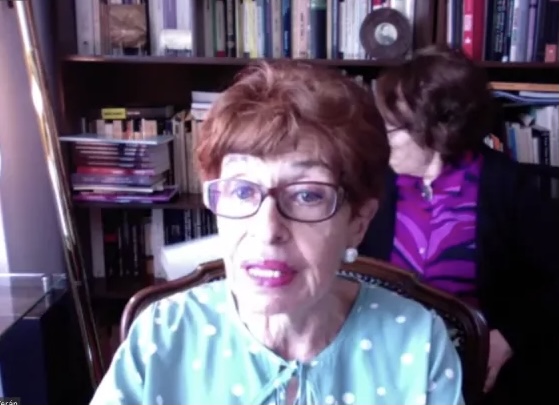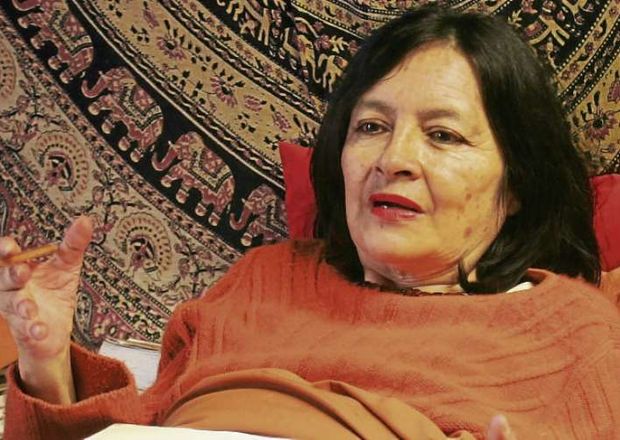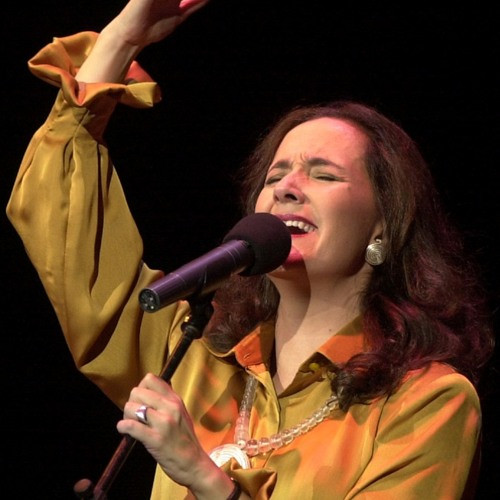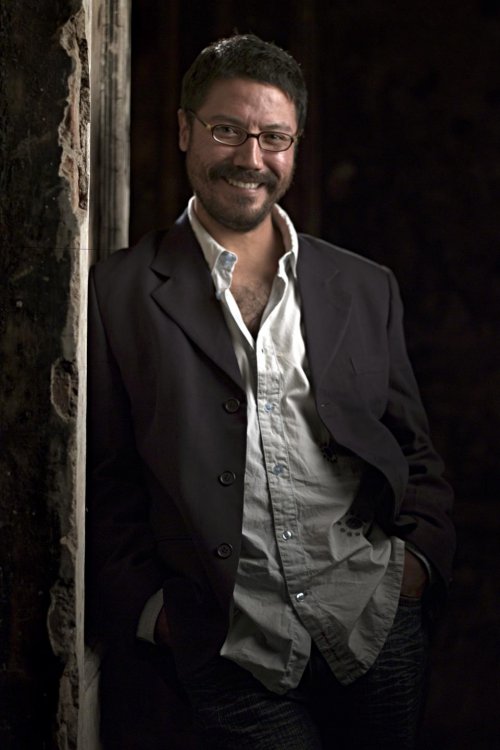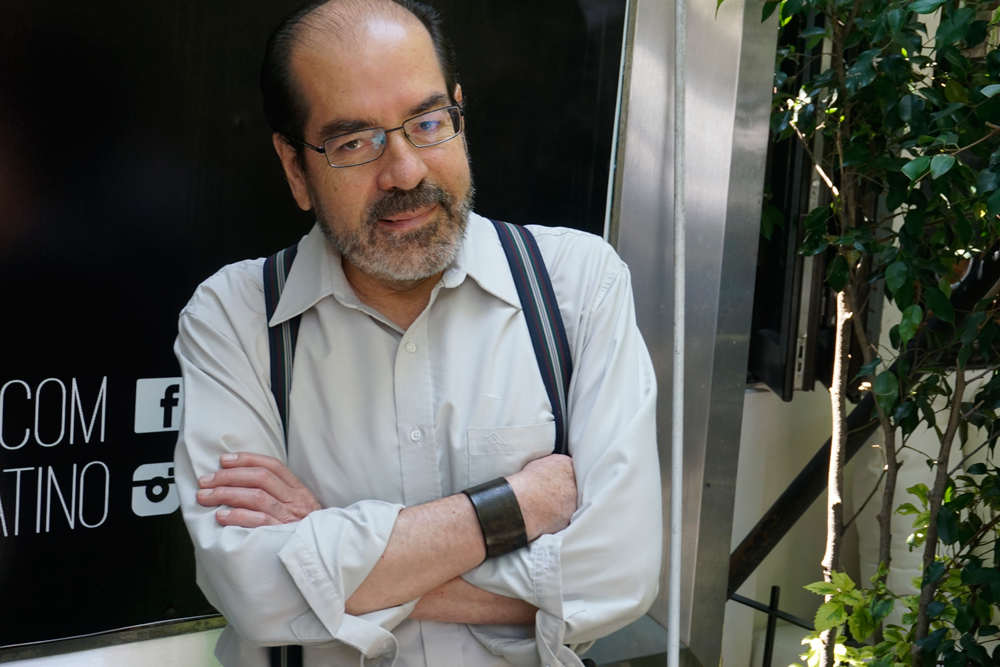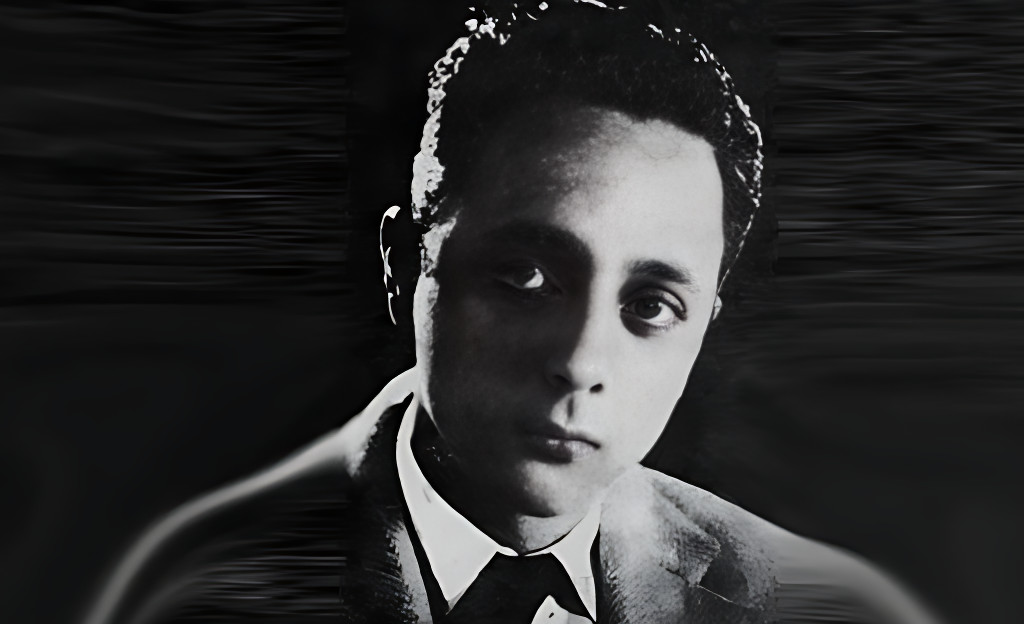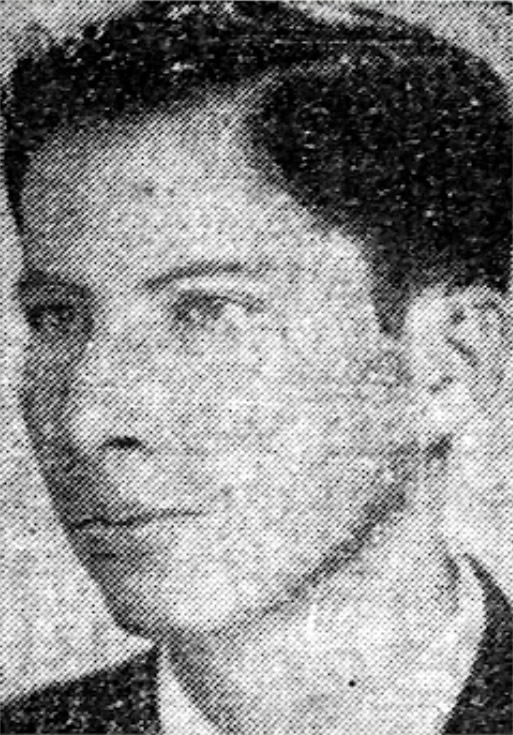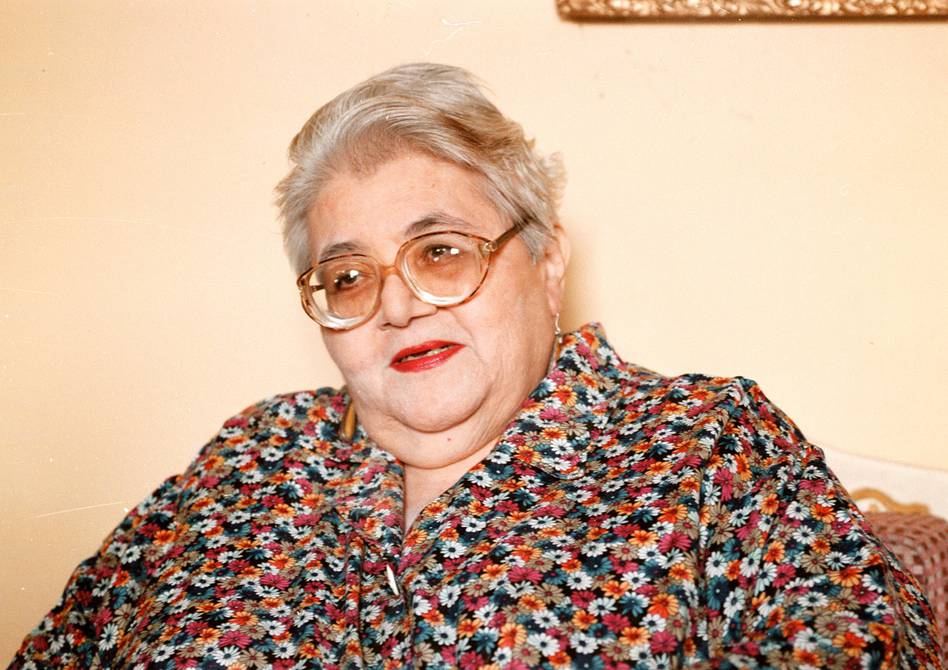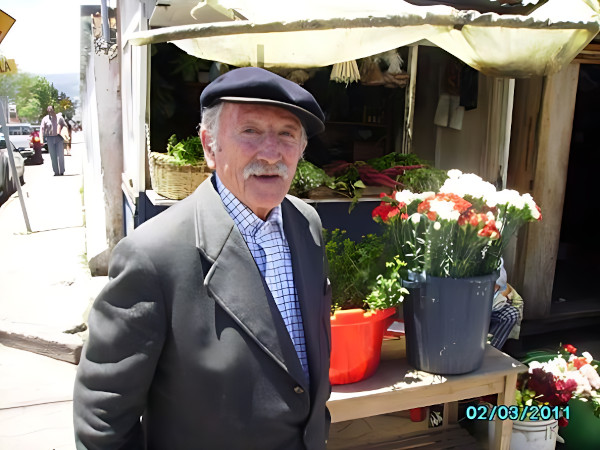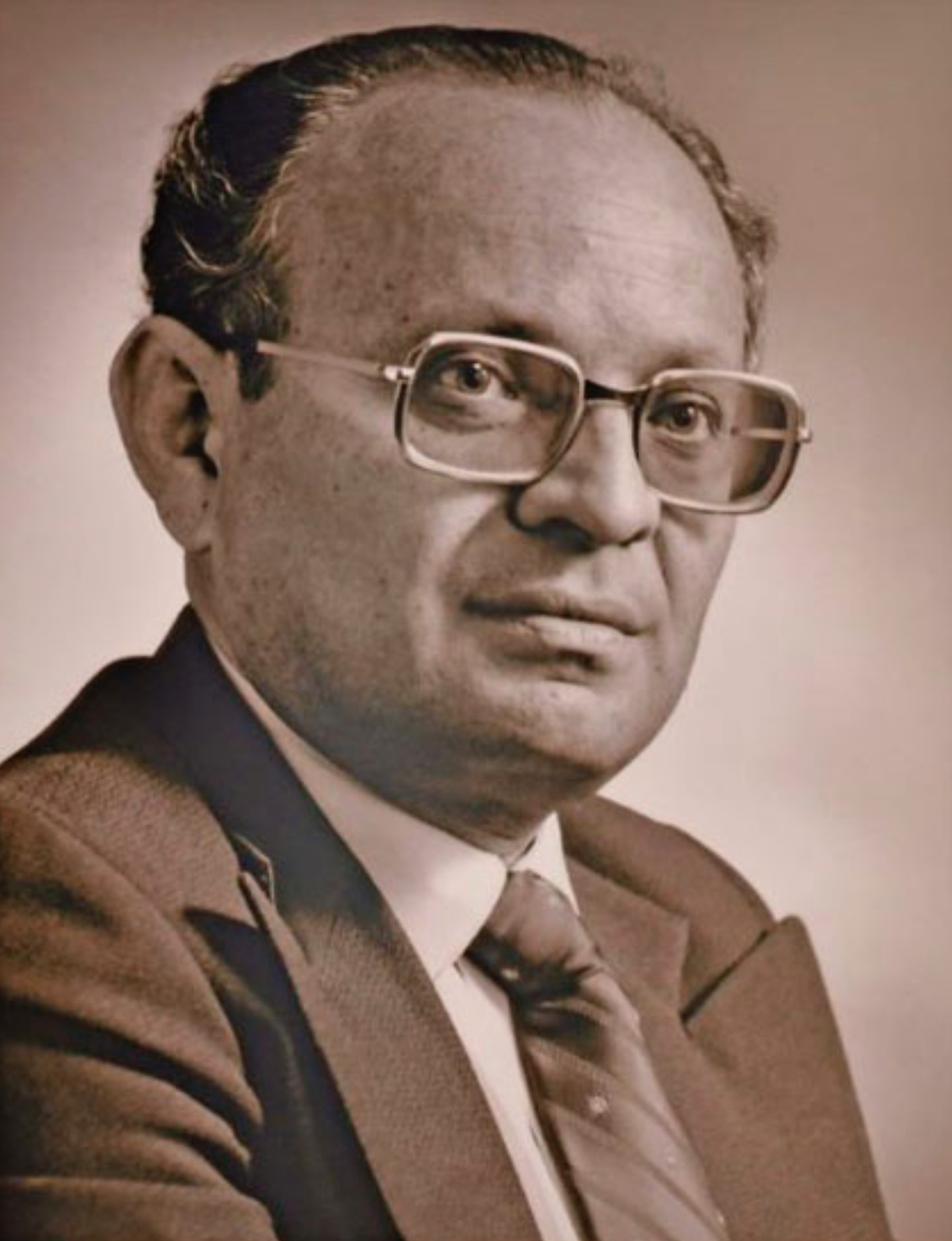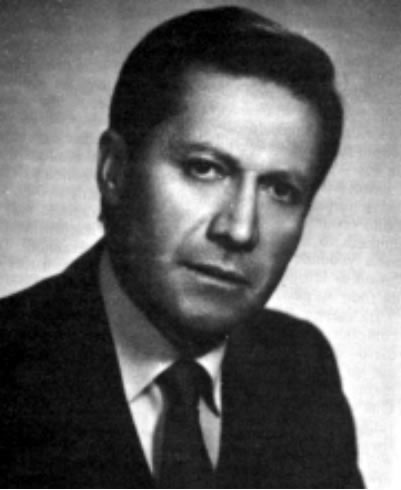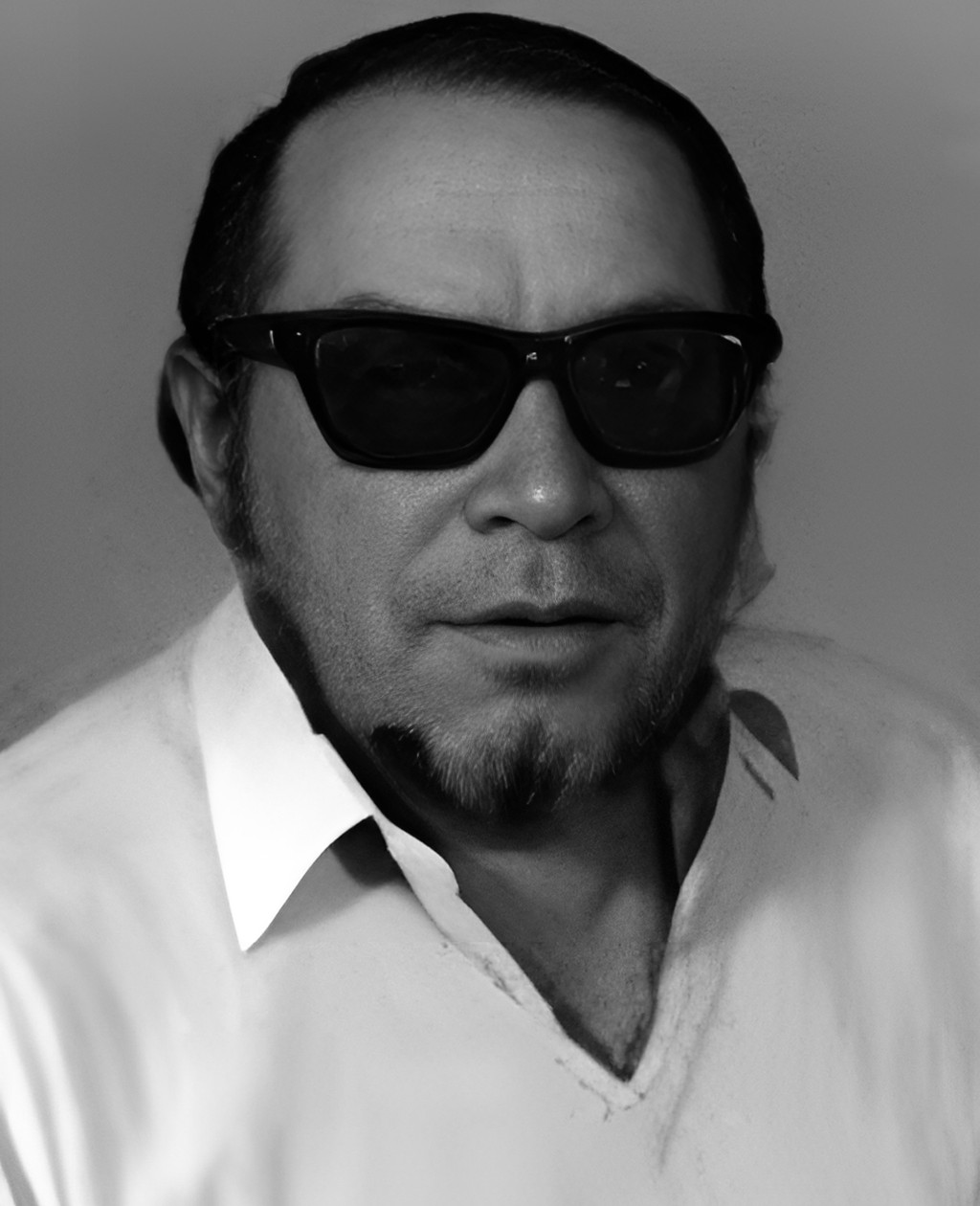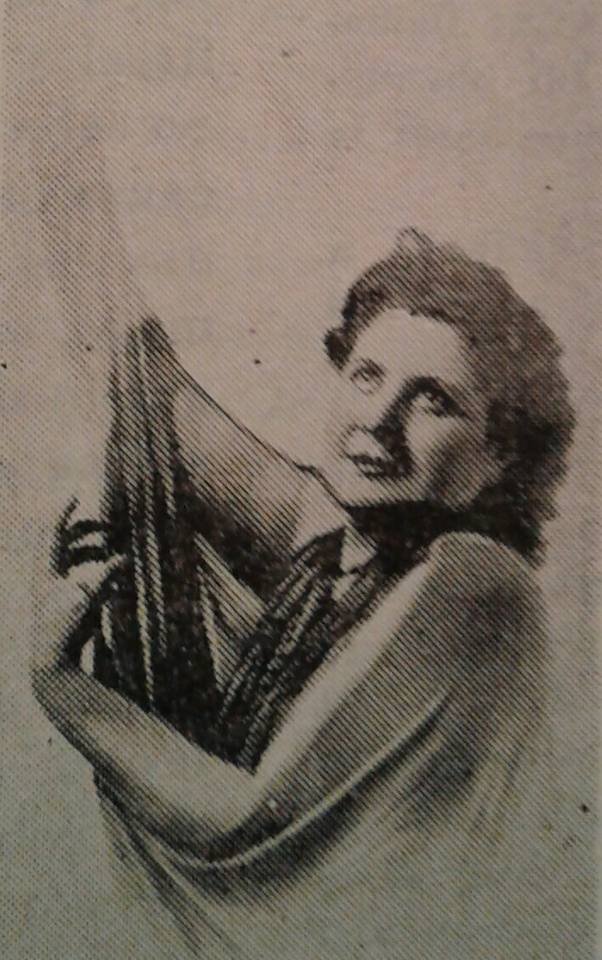Laura Hidalgo Alzamora (Riobamba, November 18, 1937) is an Ecuadorian writer, scholar, literary critic, and professor. She is the author of several books on Ecuadorian literature, such as “La mujer en la literatura ecuatoriana de tradición oral” (1989), “Décimas esmeraldeñas” (1990), and “Un lenguaje desnudo” (1995). From 1989-1990, she was the secretary general of the House of Ecuadorian Culture. Since May 11, 2016, she has been a corresponding member of Ecuador’s Academy of Language. She has lectured on Ecuadorian literature at conferences in Peru, Austria, and the U.S., including Boston, New Mexico and Kentucky. Since 1993, she has been a literature professor at the San Francisco University of Quito (USFQ).
Continue reading “Laura Hidalgo Alzamora”Category: 20th Century Writers
Sheyla Bravo
Sheyla Bravo Velásquez (Quito, 1953 – Quito, June 10, 2011) was a writer, plastic artist, and cultural promoter. In 2009, her complete works “Obra poética completa 1968-2008″ won the prestigious Jorge Carrera Andrade Poetry Prize. She was also the editor of an anthology of erotic poems by 110 Ecuadorian women from 2 centuries entitled, “La voz de eros.” A poem of hers was included in the anthology, “Volcanic Reflections: A Bilingual Anthology of Contemporary Ecuadorian Poetry.”
Continue reading “Sheyla Bravo”Margarita Laso
Margarita Laso (Quito, July 20. 1963) is an Ecuadorian writer, editor, singer, and music producer. She has dedicated herself to the interpretation of songs based on traditional and regional genres of Ecuador, she has recorded pasillos, boleros, tangos, Christmas songs, and traditional Ecuadorian music. She has produced over 12 records and has authored several poetry books. In 1997, her poetry book, “El trazo de las cobras” won the Jorge Carrera Andrade Prize. She has worked as a columnist for the newspaper Hoy.
Continue reading “Margarita Laso”Edwin Madrid
Edwin Madrid (Quito, 1961) is an Ecuadorian poet, essayist, and editor known for his impressive body of work comprising 14 poetry books. Arising from the influential literary workshops led by Miguel Donoso Pareja in the 1980s, Madrid has emerged as one of the most notable poets of his generation. Currently serving as the director of the writing workshops at the House of Ecuadorian Culture, he plays a pivotal role in mentoring and nurturing the next generation of poets in Ecuador. Madrid’s deep involvement in the poetry community extends to organizing gatherings, recitals, and even running a publishing house. His poetic prowess has earned him recognition and awards both within Ecuador and internationally. With translations of his work available in multiple languages, including English, Portuguese, German, French, Arabic, and Italian, Madrid’s poetic voice has resonated with readers around the globe.
Continue reading “Edwin Madrid”Vladimiro Rivas
Vladimiro Rivas Iturralde (Latacunga, June 5, 1944) is an Ecuadorian novelist, short story writer, biographer, opera critic, essayist, editor, translator, and award-winning university professor. He has been a resident of Mexico since 1973 and also holds Mexican citizenship. Since its establishment in 1974, he has been a professor at the Azcapotzalco Metropolitan Autonomous University in Mexico City. He has produced eight collections of short stories, two novels, and five nonfiction books. Some of his work has been translated to English, French, German, Italian, Portuguese and Bulgarian. He has also been the editor of anthologies of Ecuadorian writers, such as the acclaimed “Cuento ecuatoriano contemporáneo,” which was released in Mexico in 2001 and promptly translated into English as “Contemporary Ecuadorian Short Stories” in 2002.
Continue reading “Vladimiro Rivas”David Ledesma Vásquez
David Ledesma Vásquez (Guayaquil, December 17, 1934 – March 30, 1961) was an Ecuadorian poet, writer, journalist, stage actor, and radio drama and radio soap opera actor. Although his work went unnoticed for several years after his death, it eventually acquired a cult following. He belonged to Club 7, a group of poets from the port city of Guayaquil in the 1950s. He committed suicide by hanging at the age of 27 in 1961. He left behind several unpublished works, including one ominously titled “La risa del ahorcado” [The Hanged Man’s Laugh]. Ileana Espinel Cedeño, a fellow Club 7 member, oversaw the posthumous publication of his poetry collection “Cuaderno de Orfeo” [Orfeo’s Notebook] in 1962.
Continue reading “David Ledesma Vásquez “Gastón Hidalgo Ortega
Gastón Hidalgo Ortega (Guayaquil, March 19, 1929 – January 5, 1973) was an Ecuadorian poet and member of Club 7, a poets’ group in Guayaquil in the 1950s. His poems can be found within the books “Club 7” (1954) and “33 poemas universitarios” (1955), both of which were compilations of poetry by various authors. His poems were also published in various magazines such as Cuadernos del Guayas, Ateneo Ecuatoriano, Letras del Ecuador, as well as the newspaper La Nacion from La Paz. During his lifetime he did not publish a collection of his own. In 1990, the House of Ecuadorian Culture published a posthumous collection of his poems, “Colección de poesía ecuatoriana: La rosa de papel, 25,” compiled by fellow Club 7 member Ileana Espinel. He worked as an editorial proofreader at the House of Ecuadorian Culture in Guayaquil. He died at age 44.
Continue reading “Gastón Hidalgo Ortega”Ileana Espinel Cedeño
Ileana Espinel Cedeño (Guayaquil, October 31, 1933 – Guayaquil, February 21, 2001) was an Ecuadorian poet, journalist, and editor, recognized as one of the most important voices in Ecuadorian literature. She was the only female member of the influential Club 7 poetry group and became the first woman to join the House of Ecuadorian Culture. Espinel was known for her lyrical and politically engaged poetry, publishing notable works like Piezas Líricas (1957) and Arpa Salobre (1966). Her work has been translated into several languages, and her legacy continues through the annual International Poetry Festival that bears her name in Guayaquil.
Continue reading “Ileana Espinel Cedeño”César M. Ayala Paredes
César M. Ayala Paredes aka César Ayala (1923) is an Ecuadorian poet and short story writer. He is known as The Soldier Poet because he served in Ecuador’s armed forces and in 1955 he published a book of poems titled “Los poemas del soldado” [The Soldier’s Poems]. In 2003, the House of Ecuadorian Culture published his short story collection, “Vernissage.” He has earned various awards for his works.
Continue reading “César M. Ayala Paredes”Guillermo Ríos Andrade
Guillermo Ríos Andrade (Ambato, November 10, 1924 – September 19, 2018) was an Ecuadorian poet and an active member of the House of Ecuadorian Culture, which published several of his poetry collections, including: “La aurora no es de todos” (1961), “La raíz del alba” (1972), and “Un eclipse total” (1974). At least two schools in Ecuador’s Pichincha province bear his name. The Mexican writer Alfonso Reyes, who the Argentine writer Jorge Luis Borges called “the greatest prose writer in the Spanish language,” was a great admirer of Ríos’ poetry and wrote articles about him.
Continue reading “Guillermo Ríos Andrade”César Dávila Torres
César Dávila Torres (Ibarra, 1932 – 2013) was an Ecuadorian poet, writer, lawyer, jurist, and university professor. He is cosidered one of the most notable writers of his generation. In 1955, he published his first poetry book, “Los hijos de la tierra.” In 1969, a collection of his poems was published in “Poesía junta” (a new edition was published in 2018 by the House of Ecuadorian Culture in Imbabura). In 2018, Dávila’s family gave the Aurelio Espinosa Polit Ecuadorian Library (BEAEP) around 7,500 books belonging to Dávila’s library, in addition to some of his personal belongings.
Continue reading “César Dávila Torres “Alfonso Barrera Valverde
Alfonso Barrera Valverde (Ambato, 1929 – September 6, 2013) was an Ecuadorian diplomat, poet, novelist, and non-fiction writer. Some of his notable works include his account of the Paquisha conflict, “Hombres de paz en lucha” (1982), the novel “Sancho Panza en América” (2005), and the children’s novel “El país de Manuelito” (1984). He served as ambassador to the Dominican Republic, Spain, Canada, Germany, and Argentina, and he also served as Ecuador’s Minister of Foreign Affairs.
Continue reading “Alfonso Barrera Valverde”Walter Franco Serrano
Walter Franco Serrano (Quito, 1932 – 2021) was a poet, novelist, and theater teacher. From 1954 to 1957, he cofounded the Quito Chamber Theater with professor Carlos Lowenberg, the Independent Theater with Francisco Tobar, and the puppet theater, casa de la Fantasia [Fantasy House]. He was a member of the Umbral Group, a literary group formed in Quito in 1952 by notable Ecuadorian writers of the time. He joined the Society of Friends of the Theater in 1955, where he taught oral expression. In 1967, he was Ecuador’s delegate to the First Latin America Theater Congress in Mexico. He lectured at the House of Ecuadorian Culture’s Theater Seminar between 1975-1976. His poetry collections include: “El instante innumerable” (1957), “El mar forastero” (1959), “Años ecuatoriales,” and “Cronica colombiana.” His novel “Un pueblo en los Andes” [A Town in the Andes] was a finalist for the 1971 Planeta award. His short story collections include: “Cinco mil dolares” and “Collazo 24.”
Continue reading “Walter Franco Serrano”Rubén Astudillo y Astudillo
Rubén Astudillo y Astudillo (El Valle, Cuenca, 1938 – January 16, 2003) was a poet, journalist, and diplomat. He began his writing career in Cuenca, where he created the Amanecer literary group and produced a magazine by the same name. In 1957, he published his first collection of poems, “Del crepúsculo,” followed by “Trébol sonámbulo” (1958), and “Desterrados” (1960). He then established the literary journal Syrma. In 1963, he published his best known poetry collection, “Canción de lobos,” with which he pioneered what he termed as poesía testimonialista [testimonialist poetry] in Ecuador. He served as a diplomat at the Ecuadorian embassies in Israel, Cyprus, Venezuela, Vietnam, and China.
Continue reading “Rubén Astudillo y Astudillo”Morayma Ofir Carvajal
Morayma Ofir Carvajal (Guaranda, Bolívar, January 28, 1915 – Chimborazo, February 25, 1951) was an Ecuadorian poet and educator. She worked as a teacher and rector at various schools in her hometown of Guaranda and later in Riobamba. In 1949, she was one of the founders of the Riobamba branch of the House of Ecuadorian Culture. Morayma Ofir was married to José Reyes for several years, until they were killed on February 25, 1951 by a bomb in their home in the city of Riobamba.
Continue reading “Morayma Ofir Carvajal”